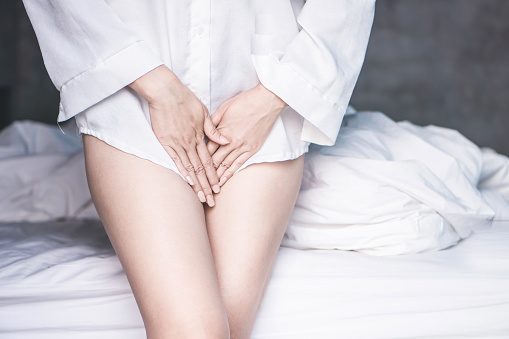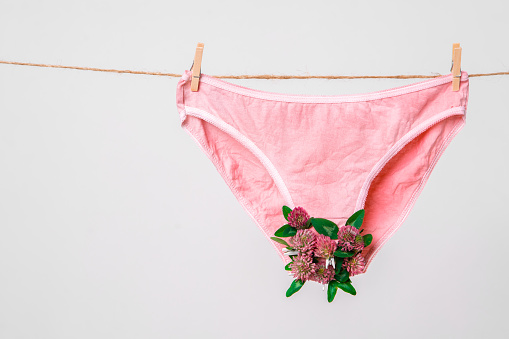Table of Contents
Vaginal dryness is a very sensitive issue and issue that most menopausal women face. But how to deal with it in the best way? We see below the causes, symptoms and most effective remedies on how to combat vaginal dryness.
Vaginal dryness: causes and remedies
Vaginal dryness, in a more technical way atrophy of the vaginal mucosa, is a very common problem in women, especially in menopause, which causes several problems, not just physical. Such as disturbances and difficulties in sexual intercourse or problems with the urinary tract such as cystitis.
There can be many causes that lead to the onset of this problem. The most common and the main one is thelowering of estrogen. In fact, when they tend to lower, they cause a reduction in mucosal lubrication.
And this occurs both before and after menopause.
Other causes and factors that can negatively affect vaginal dryness are smoking, cardiovascular disease, hypertension and diabetes.

Vaginal dryness: the rarest causes and remedies
There are also rarer causes and these can be found in one nerve dysfunction. But this type of problem is in turn caused by an innervation of the vagina.
Vaginal dryness: causes, symptoms and remedies
Among the most frequent symptoms we find first of all the ache that women feel especially during sexual intercourse. It is a very annoying and acute pain that in many cases does not even allow you to have real relationships. Usually you start to feel it before penetration, which is just not feasible to carry on. Even the gynecological visits in many cases they become impractical because, due to vaginal dryness and pain, the examination with the speculum would cause even more problems and irritation. Another very common symptom is the cystitis.

Vaginal dryness: the causes and the most useful remedies
We have seen the main causes and the most common symptoms, now let’s review the most useful remedies to combat the problem of vaginal dryness.
As a rule, the Italian Society for Menopause identifies them as remedies three possible solutions:
- the use of hormones locally
- the use of local lubricants
- the use of moisturizing lubricants.
For the first case, it’s about eggs that are light estrogen based such as estriol which does not circulate but acts directly on the mucosa. While the second and third cases are indicated for all women who, due to various reasons, cannot follow hormone-based therapies and consequently have to resort to lubricants. Both types of lubricants are specific non-pharmacological solutions depending on the type of vaginal dryness that the woman in question suffers from.
Local lubricants are to be used at the time of intercourse and are usually recommended especially for young women who suffer from vaginal dryness as a result of the pill. I am indeed recommended for those suffering from milder dryness and allow for easier penetration during intercourse, thus preventing pain.
While the latter, moisturizing lubricants, are recommended and more suitable for daily use, therefore for those suffering from a more important vaginal dryness, such as menopausal women. This type of creams should be applied every day and the interesting thing is that it also contains hyaluronic acid, which adheres well to the mucosa forming a sort of protective barrier.
Finally, doctors ultimately recommend the vaginal laser which helps restore collagen in the vaginal area.











